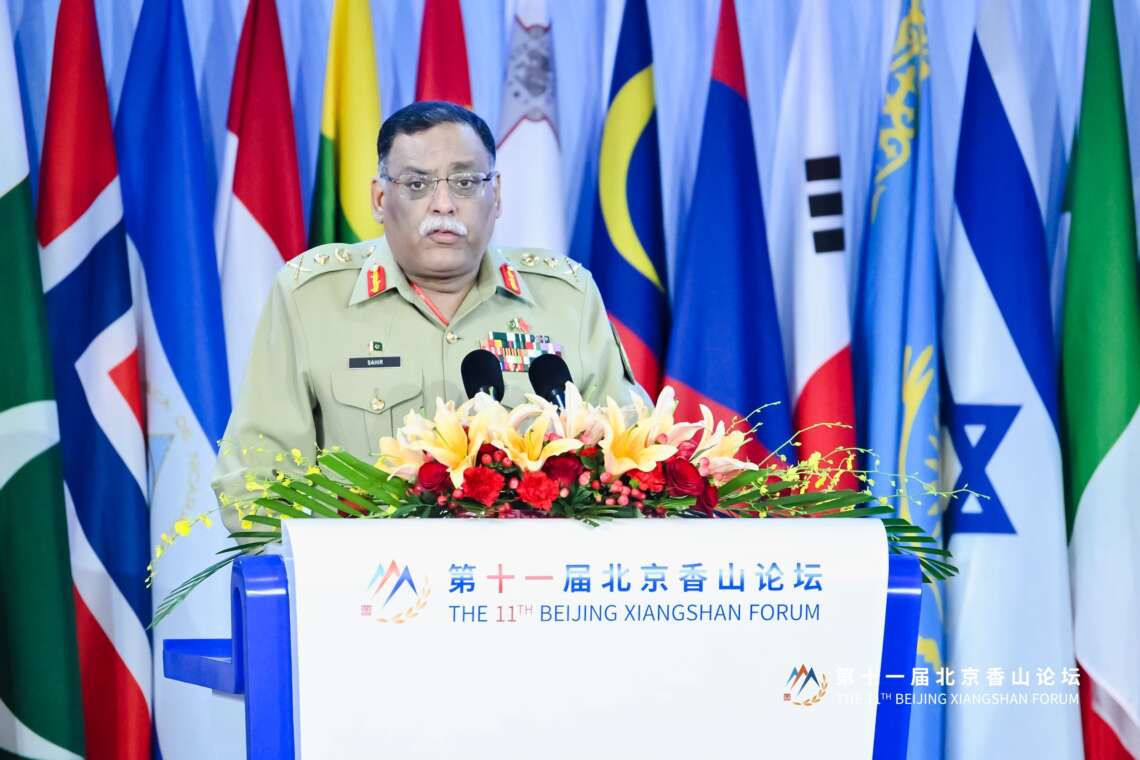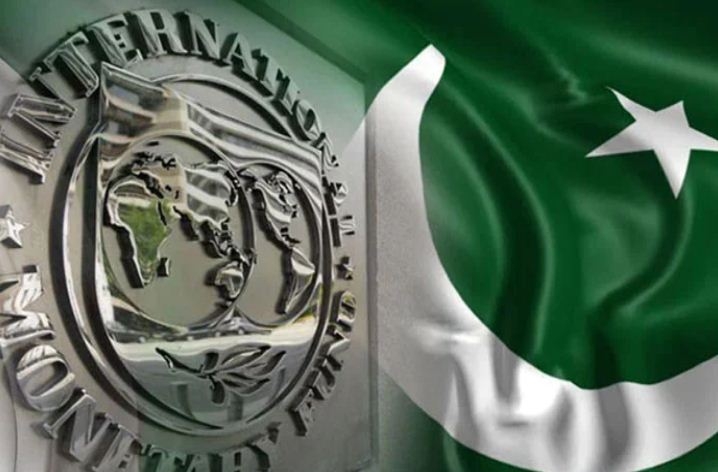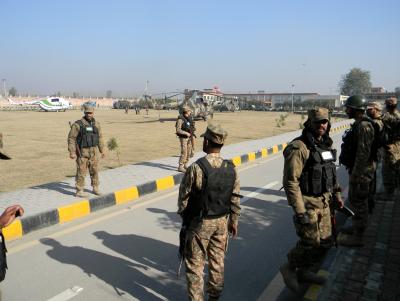Mirza was ridiculed over his comments with analysts reiterating that Pakistan has an old habit of spreading lies and even present doctored clips to prove a point….reports Asian Lite News
Despite global warfare experts exposing Pakistan’s major strategic failures and revealing the breakdown of Chinese support during India’s decisive Operation Sindoor last month, a Pakistani four-star General has claimed that Pakistan conducted the recent 96-hour conflict with India entirely on its own resources.
“Pakistan has purchased some military equipment from other countries, but apart from that, in real time, the country relied solely on its internal capabilities and did not receive any help from any other state,” General Sahir Burkabal Shamshad Mirza, currently serving as the 18th Chairman of the Joint Chiefs of Staff Committee (CJCSC), told a foreign broadcaster in a recent interview, details of which appeared in the Pakistani media on Tuesday.
He also mentioned that the weapons used by Pakistan in the recent conflict were “certainly similar” to those available to India.
Mirza was ridiculed over his comments with analysts reiterating that Pakistan has an old habit of spreading lies and even present doctored clips to prove a point.
“Pakistan lies to another State, as well as to its own people with deleterious consequences. The whole world knows now how Osama-bin-Laden was kept in a secured house in the Abbottabad Military Cantonment just 1.3 kms from Pakistan Military Academy in Kakul,” said one expert.
Last week, in his extensive analysis titled ‘India’s Operation Sindoor: A Battlefield Verdict on Chinese Weapons — And India’s Victory’, top urban warfare expert John Spencer reckoned that Operation Sindoor wasn’t just a military campaign but a technology demonstration, a market signal, and a strategic blueprint.
“Operation Sindoor pitted India’s indigenously developed weapons systems against Chinese-supplied platforms fielded by Pakistan. And, India didn’t just win on the battlefield — it won the technology referendum. What unfolded was not just retaliation, but the strategic debut of a sovereign arsenal built under the twin doctrines of Make in India and Atmanirbhar Bharat,” Spencer mentioned.
According to the Stockholm International Peace Research Institute (SIPRI), Pakistan gets 81 per cent of its weapons from China. Pakistan operates Chinese origin HQ-9 long range and the HQ-16 medium range Air Defence Systems (ADS).
During Operation Sindoor, Spencer wrote, the JF-17 Thunder aircraft – produced in Pakistan but designed and built by China’s AVIC – failed to gain air superiority or contest Indian strikes.
Similarly, the LY-80 and FM-90 air defence systems, also Chinese-made, were unable to detect or stop India’s low-flying drones and precision munitions.
Several reports indicated that China was providing real-time reconssaiance data to Pakistan during the conflict, thereby putting Chinese arms in a live combat setting.
In recent years, Turkey has emerged as a reliable supplier of defence equipment to Pakistan, sending the MILGEM-class corvettes, T129 ATAK helicopters, Bayraktar TB2 and Akinci drones. Pakistan also imports weapons from countries like South Africa, Germany, Austria, Switzerland, and Belgium.
“Reports emerged that Turkish drone operators had to be brought in to manage UAVs — revealing both equipment and personnel dependency… Pakistan’s key airborne early warning platform, Swedish Saab 2000 AEW&C, was destroyed — likely by an S-400 system — crippling Pakistan’s airspace awareness and blinding command and control functions,” said Spencer.
–IANS
int/scor/as














